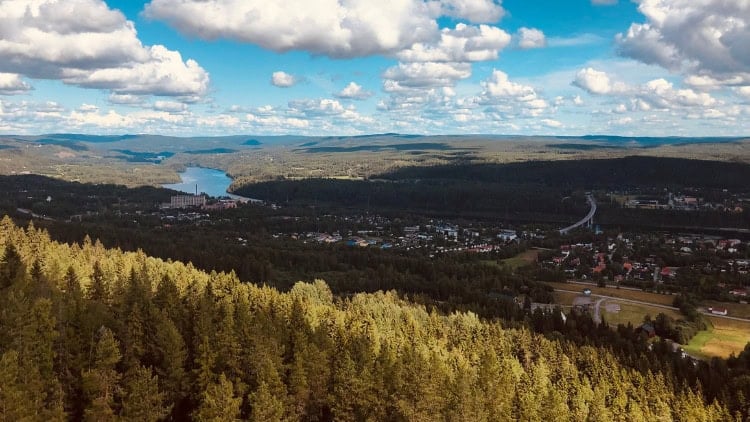A groundbreaking study by sociologist Kari Norgaard described life in a Norwegian coastal town, named Bygdaby, which experienced an unusually warm winter in 2000-01. The delayed snowfall impacted the local ski resort, and the lake failed to freeze, making skating and ice-fishing impossible. This tourist destination turned perilous, with a woman drowning when the thin ice cracked.
Despite linking the unusual weather to global heating, residents showed inertia. Norgaard’s study, Living in Denial, highlighted that while people were aware of global warming, life continued as usual in Bygdaby.
To stimulate action and change habits, it’s not just awareness but possibilities that are crucial, as concluded in a new study with Marika Palmér Rivera from the Swedish trade union confederation, LO.
Increasing Extremes
Last year, researchers conducted interviews in four disadvantaged rural communities affected by climate-related disasters. Residents were acutely aware of climate change, observing missing bumble bees, unfrozen fishing lakes, and extreme weather variations. ‘Winters fluctuated from only rain and sleet to having two meters of snow,’ noted one resident.
In towns like Sollefteå and Ljusdal, people were not in denial but in despair, struggling more with financial worries than environmental concerns. ‘Everything is getting more expensive,’ said a woman in Målilla. Rising costs have led to cutbacks in welfare, schools, and social care, affecting everyday life and future prospects.
State Withdrawn
In Sweden and the UK, there is a sense of societal withdrawal. Concerns about healthcare were common, with residents like those in Sollefteå facing long travel distances to maternity wards. Residents questioned how they could afford electric vehicles when public transport alternatives are limited, with trains no longer stopping at local stations.
Fear of climate change is widespread, but many feel personal responsibility for combatting it, influenced by campaigns like BP’s focus on individual carbon footprints. However, systemic changes, such as affordable train services and electric vehicles, remain out of reach for many rural residents.
No Words
During interviews, many struggled to envision the impact of the green transition on their communities. A 73-year-old man in Järvsö was willing to change his eating habits but couldn’t imagine how the transition to a carbon-neutral society would affect his locality.
The global elite often avoids responsibility for climate action, while the middle classes focus on personal virtue rather than collective action. Enhancing people’s capabilities to cope with climate change, such as building embankments or cutting firebreaks, is essential. Redistributing resources from urban to rural areas and from rich to poor is crucial for supporting these transitions.
People need the capacity to contribute to and imagine the green transition. It must be co-created, reflecting local priorities and lifestyles.
This is a joint publication by Social Europe and IPS-Journal
Original Story at www.socialeurope.eu
